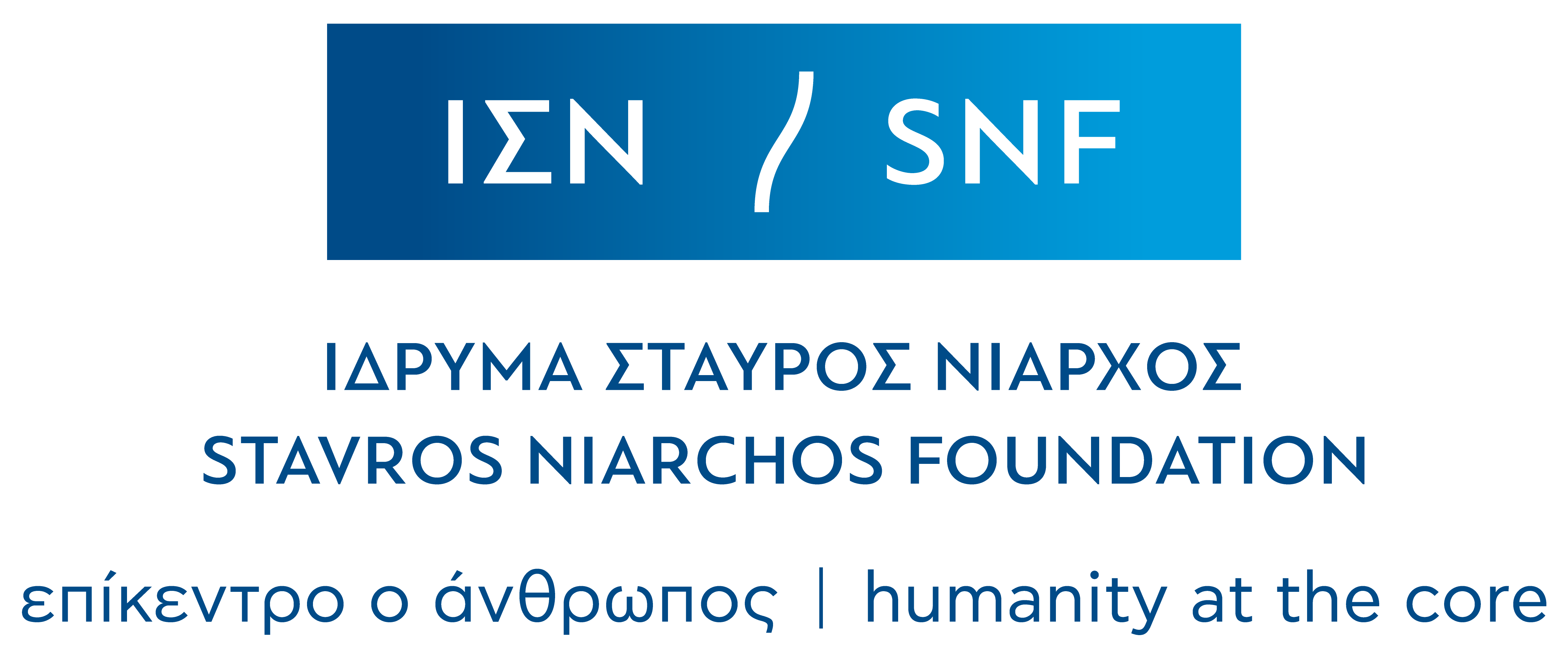Contact
ADDRESS
STAVROS NIARCHOS FOUNDATION
CULTURAL CENTER
364 Syggrou Avenue, Kallithea
TEL.
Box Office:
+30 213 0885700
Box Office email:
boxoffice@nationalopera.gr
Daily 09.00-21.00
info@nationalopera.gr
Register to our Newsletter

Direction: Angela-Kleopatra Saroglou
Sets, costumes: Yiannis Katranitsas
Lighting design: Tryfonas Kechagias
Music coach: Nikos Zafranas
Siranous Tsalikian (soprano)
Zafiris Angelopoulos (baritone)
Vassilis Varvaresos (piano)
Ticket prices:
25€, 20€, 15€ (reduced)
Book your tickets here.
Opera double bill
Starts at: 20.30
Thessaloniki Concert Hall, Emilios Riadis Hall (Μ2)

Lead Donor of the GNO


For a second consecutive year, the Greek National Opera is travelling to Thessaloniki to participate in the 60th Dimitria Festival – the city’s most historic cultural event – with remarkably successful productions. As part of the GNO’s programme agreement with the Ministry of Culture and other Thessaloniki institutions, five opera, dance, music theatre, and musical productions will be presented there in October 2025, offering a diverse and high-quality artistic programme for all ages.
Two major works of the 20th century – the comic opera The Telephone, or L’Amour à trois, 1947, by Gian Carlo Menotti, and the one-act opera La voix humaine, 1959, by Francis Poulenc, based on Jean Cocteau’s theatrical monologue of the same name – are staged together through a single narrative revolving around a woman and her relationship with the telephone.
In the first work, we encounter a young woman living glued to her telephone every day, much like we all are today with our cell phones. Ten years later, in La voix humaine, we watch her struggling with loss and desperately trying to hold on to a voice that is fading away.
With the same performer embodying both aspects of the same figure, the performance portrays the passage of time and the progression of a life in the 21st century. The set, which is a living room with a telephone and a grand piano as fixed points, evolves alongside the heroine. To maintain narrative consistency, the work The Telephone is also presented in French, creating an unbreakable dramaturgical circle. “By connecting these two works through a single protagonist, Lucy, we witness the progression of her addiction and explore the deeper causes that lead people to become addicted to their phones and social media,” notes the director, Angela-Kleopatra Saroglou.
STAVROS NIARCHOS FOUNDATION
CULTURAL CENTER
364 Syggrou Avenue, Kallithea
Box Office:
+30 213 0885700
Box Office email:
boxoffice@nationalopera.gr
Daily 09.00-21.00
info@nationalopera.gr